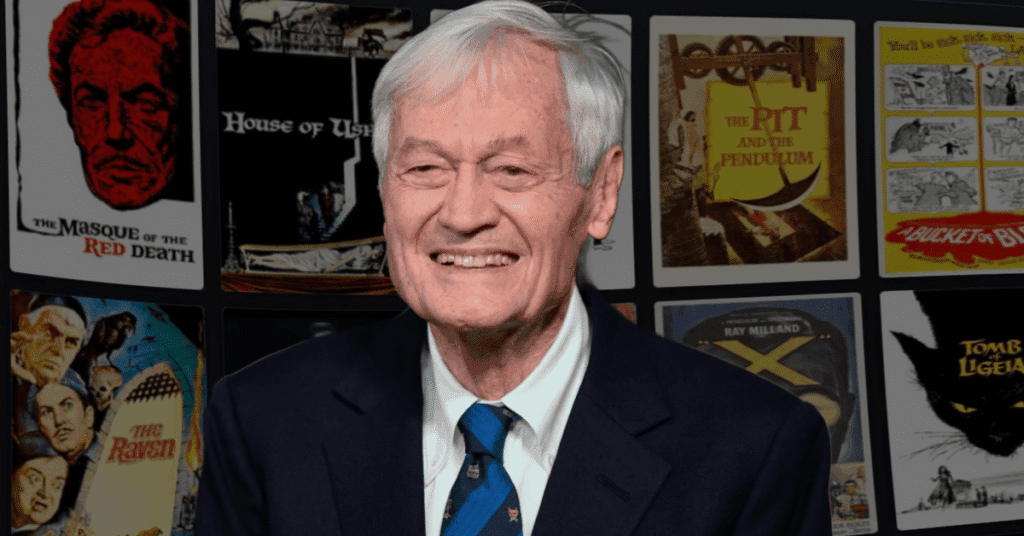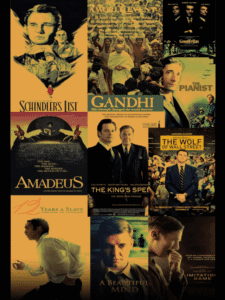As the film world commemorates the death anniversary of Roger Corman on May 9, it is only fitting to reflect on the indelible mark he left on cinema. Often hailed as the “Pope of Pop Cinema” and the “King of B Movies,” Corman was far more than a producer of low-budget thrillers. He was a visionary who quietly reshaped the landscape of filmmaking—through the careers he launched, the genres he legitimized, and the creative risks he championed long before Hollywood caught on.
Born in Detroit in 1926, Roger Corman began his cinematic journey in the 1950s, at a time when the studio system was beginning to lose its stronghold. With a degree in industrial engineering from Stanford and a brief stint at Oxford studying English literature, Corman came to filmmaking not through the traditional route of film school, but through sheer determination and a love of storytelling. He quickly carved out a niche in the world of independent filmmaking, often working with minimal budgets, tight production schedules, and unknown actors. Yet within these constraints, he found creative liberation.
Over a career that spanned more than six decades, Corman directed over 50 films and produced more than 300. Many of these were horror, science fiction, and exploitation films—genres often dismissed by the mainstream industry, but ones that Corman treated with an unexpected level of care, intelligence, and even poetry. His ability to infuse low-budget cinema with genuine artistic ambition is what set him apart.
One of his most celebrated contributions came in the 1960s with his adaptations of Edgar Allan Poe’s stories, often starring Vincent Price. These films—House of Usher, The Pit and the Pendulum, The Masque of the Red Death, and others—offered a rich blend of gothic horror, psychological complexity, and visual style. They proved that genre films could transcend their reputations and be taken seriously as works of cinematic art. His use of color, composition, and mood in these films showed that even within financial constraints, true visual storytelling was possible.
Yet Corman’s legacy stretches well beyond his own films. Perhaps his greatest impact lies in the filmmakers he mentored—many of whom would go on to define modern Hollywood. Francis Ford Coppola, Martin Scorsese, Ron Howard, Jonathan Demme, James Cameron, Joe Dante, Peter Bogdanovich—all got their start under Corman’s wing. What he offered was more than just a job; he gave these young, hungry filmmakers something rare in the film industry: trust and creative freedom. They were allowed to experiment, to make mistakes, to learn. And in the process, many of them laid the foundation for careers that would change cinema.
Corman was also notably progressive in his hiring practices. Long before diversity and inclusion became industry buzzwords, Corman was giving opportunities to women and people of color behind the camera. Directors like Stephanie Rothman and actors like Pam Grier found opportunities through his films. His willingness to explore stories that tackled war, race, class, and authority—even in exploitative formats—reflected a subversive and politically aware filmmaker.
His business instincts were equally sharp. Corman’s understanding of film marketing and distribution was decades ahead of its time. With American International Pictures and later New World Pictures, he capitalized on youth culture and the burgeoning drive-in market. He understood how to sell a film before it was even made—often starting with a catchy title or poster and building the film around it. This early version of pre-sold content, combined with his later embrace of home video, showed a deep understanding of evolving media landscapes.
Even as he aged, Corman never became irrelevant. Into the 2000s, he continued to produce films and support young talent, showing that his love for cinema was never just about nostalgia—it was about the future. His 2009 honorary Academy Award, recognizing “his rich engendering of films and filmmakers,” was a long-overdue validation from an industry that had long underestimated him.
Roger Corman passed away on May 9, 2024, but his presence continues to ripple through every corner of the film world. Every time a low-budget film breaks into the mainstream, every time a young filmmaker is handed the reins and told to trust their voice, and every time genre cinema is treated with intelligence and respect—Corman is there.
He didn’t just build a legacy.
He built a launchpad for others to fly.
He didn’t just make movies—he made filmmakers.
And for that, the world of cinema will always be grateful.
More Articles:

























